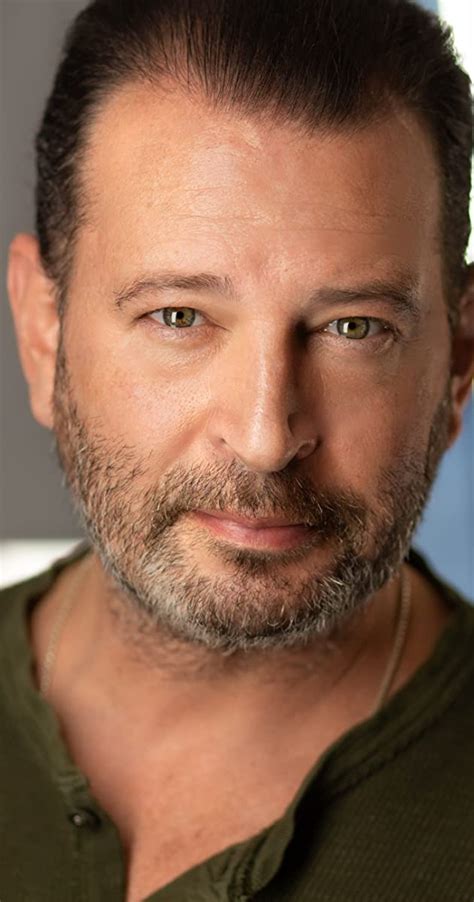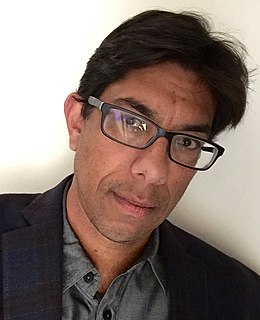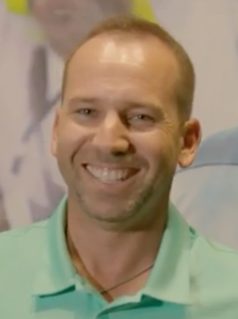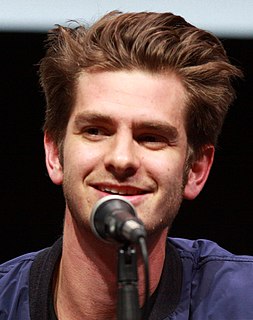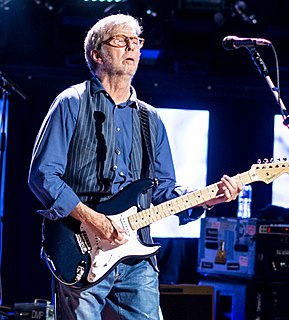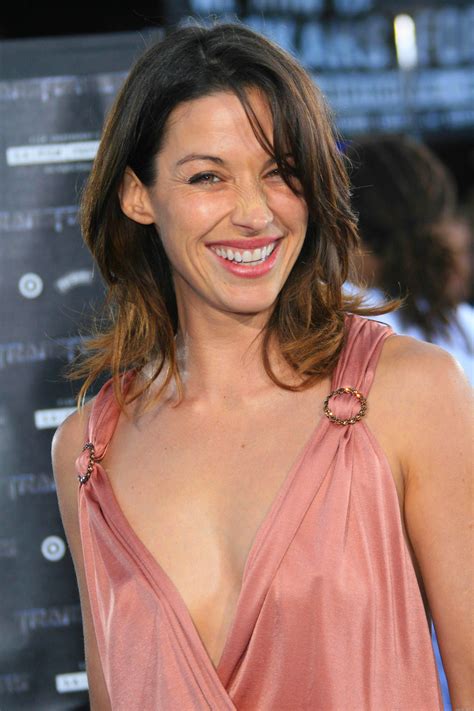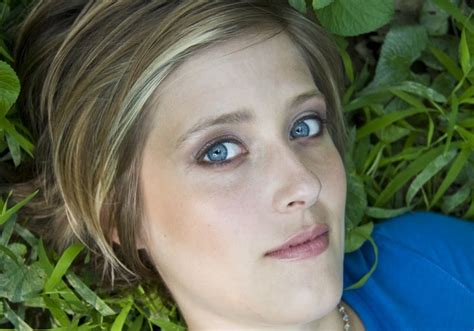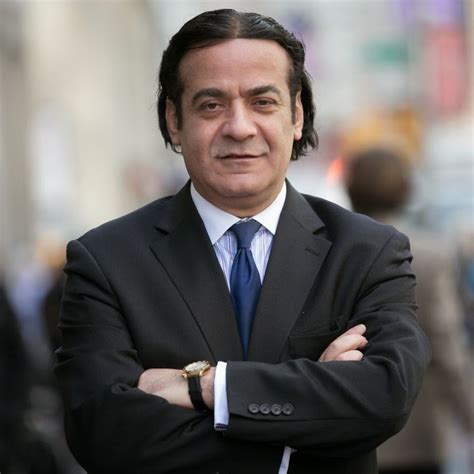A Quote by Jonathan Lethem
I keep one simple rule that I only move in one direction - I write the book straight through from beginning to end. By following time's arrow, I keep myself sane.
Related Quotes
When I set out to write a screenplay, I have in my mind a beginning and an end but that end part continually changes as I start to write the middle. That way by the time the screenplay is finished I have taken myself and my audience from a familiar beginning point through the story to an unfamiliar ending point.
What differentiates time from space is that time does have a direction. In that sense it is different from space. I think that's certainly true that whereas spatial dimensions don't have direction or an arrow, time does. It runs from past to future. But I see that arrow of time as rooted in a deeper metaphysical reality, namely the reality of temporal becoming - of things coming to be and passing away. That is why time has this arrow. But it's not sufficient to simply say that time and space are distinct because time has a direction. The question will be: why does it have a direction?
I write for myself; I'm trying to keep myself interested in the music. But at the same time, I want to make the songs relatable in a way; I want to keep melodies pretty simple and the lyrics open-ended so that people could maybe relate them to their own life in different ways. Something for everybody to have a piece of.
At a certain point in the writing of any book, you become absolutely certain that it's terrible and is only getting more terrible with every word you write. This is normal. You just have to keep going, push your way through, and have faith that, through practice and experience and determination, you will get to the end.
Keep a diary, but don't just list all the things you did during the day. Pick one incident and write it up as a brief vignette. Give it color, include quotes and dialogue, shape it like a story with a beginning, middle and end—as if it were a short story or an episode in a novel. It's great practice. Do this while figuring out what you want to write a book about. The book may even emerge from within this running diary.
Being under-recruited coming out of Highland, I've carried that with me. I keep pushing forward, keep working hard every day, keep my head on straight every step of the way. I tried to keep the reality hat on, knowing I might not get to the NFL, but I also knew it was a great possibility if I kept myself hungry.
I always knew from the beginning that this was the only way to write Then We Came To The End - that it had to be in first - person plural if it was going to illustrate how the individual becomes part of the collective. I had no interest in writing the book in a more conventional voice. It goes back to that fascination I had with telling a story in multiple ways. It was the only choice I gave myself, really - I said "This is it, pal. If you can't tell a story this way, you're going to have to abandon the book. Write it this way or give up."

